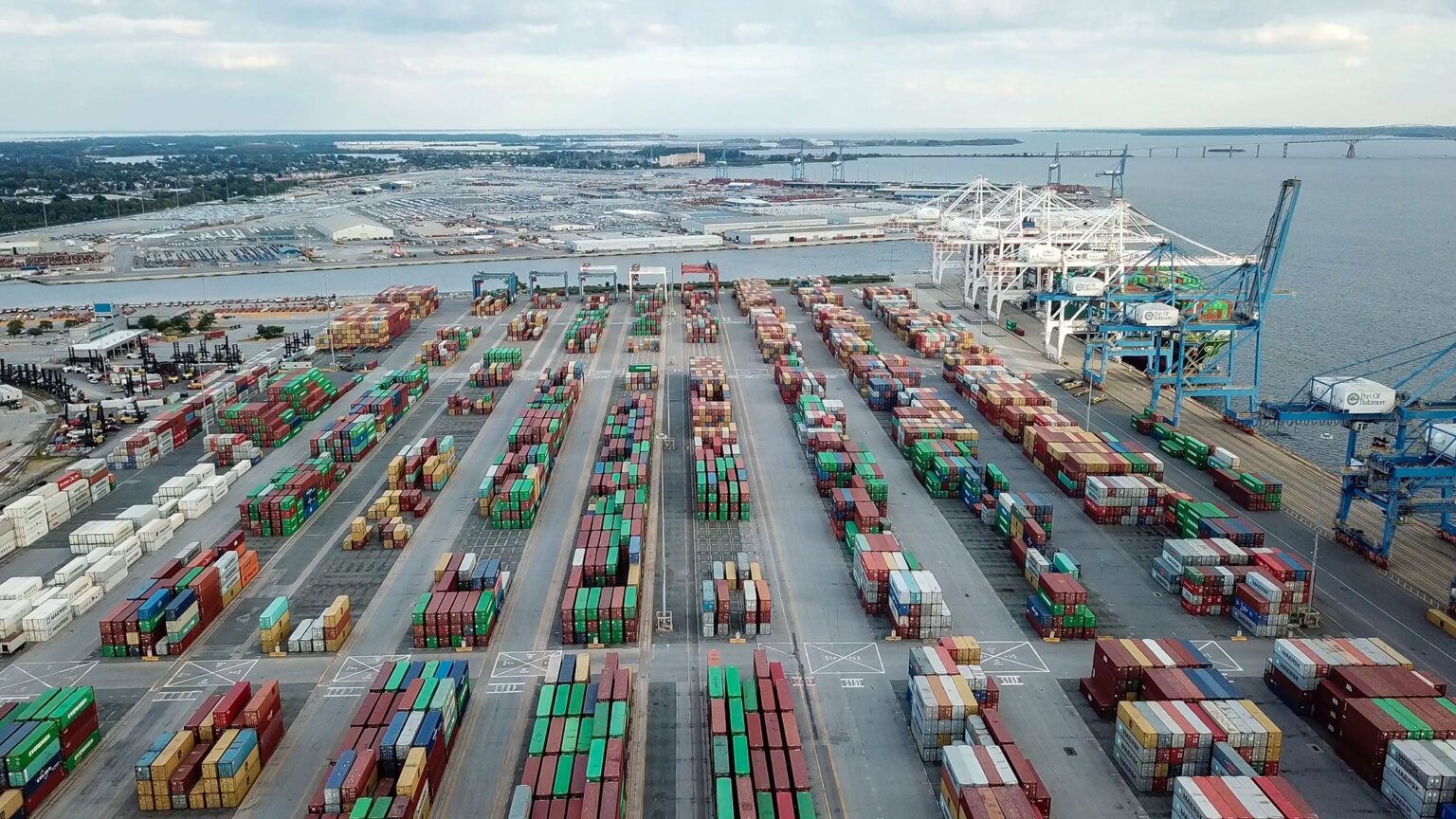A coalition of over 200 trade and farm associations, led by the U.S. Chamber of Commerce, is sounding the alarm on what they fear could be a repeat of the supply chain chaos seen during the pandemic. In a letter sent Tuesday to federal officials including Transportation Secretary Sean Duffy, Commerce Secretary Howard Lutnick, and Federal Maritime Commission Chairman Louis Sola, the group urges swift action as shifting tariffs and resumed trade with China put serious strain on the nation’s freight infrastructure.
The letter paints a picture of déjà vu: after a steep spike in tariffs earlier this year caused many U.S. companies to pause or cancel orders from China, the recent 90-day tariff pause has triggered a frantic rush to ship goods. The sudden demand is already causing shipping containers to dry up, vessel capacity to shrink, and freight rates to soar. Businesses are bracing for impact.
“There is great concern among stakeholders that the tariff implementation changes … will recreate the supply chain challenges we faced during the pandemic with severe port congestion, inaccessible vessel capacity and containers, higher freight rates, and shipment delays,” the letter states.
The coalition isn’t just pointing fingers — it’s offering solutions. Chief among them is a call for the Trump administration to bring back the White House Supply Chain Disruption Task Force. The group believes that proactive coordination now — between ports, railroads, truckers, warehouses, and labor — is the best shot at avoiding disaster later.
“We cannot afford to see a repeat of the congestion and resulting cargo velocity issues that plagued U.S. supply chains during the pandemic,” the letter warns.
The concern isn’t theoretical. Shipping rates are already climbing rapidly, with media outlets including The Wall Street Journal and CNBC reporting a spike in freight costs as companies scramble to move delayed orders. The coalition says the administration must work closely with ocean carriers and logistics providers to meet rising demand, or risk economic fallout that could stretch from small Main Street businesses to national exporters.


